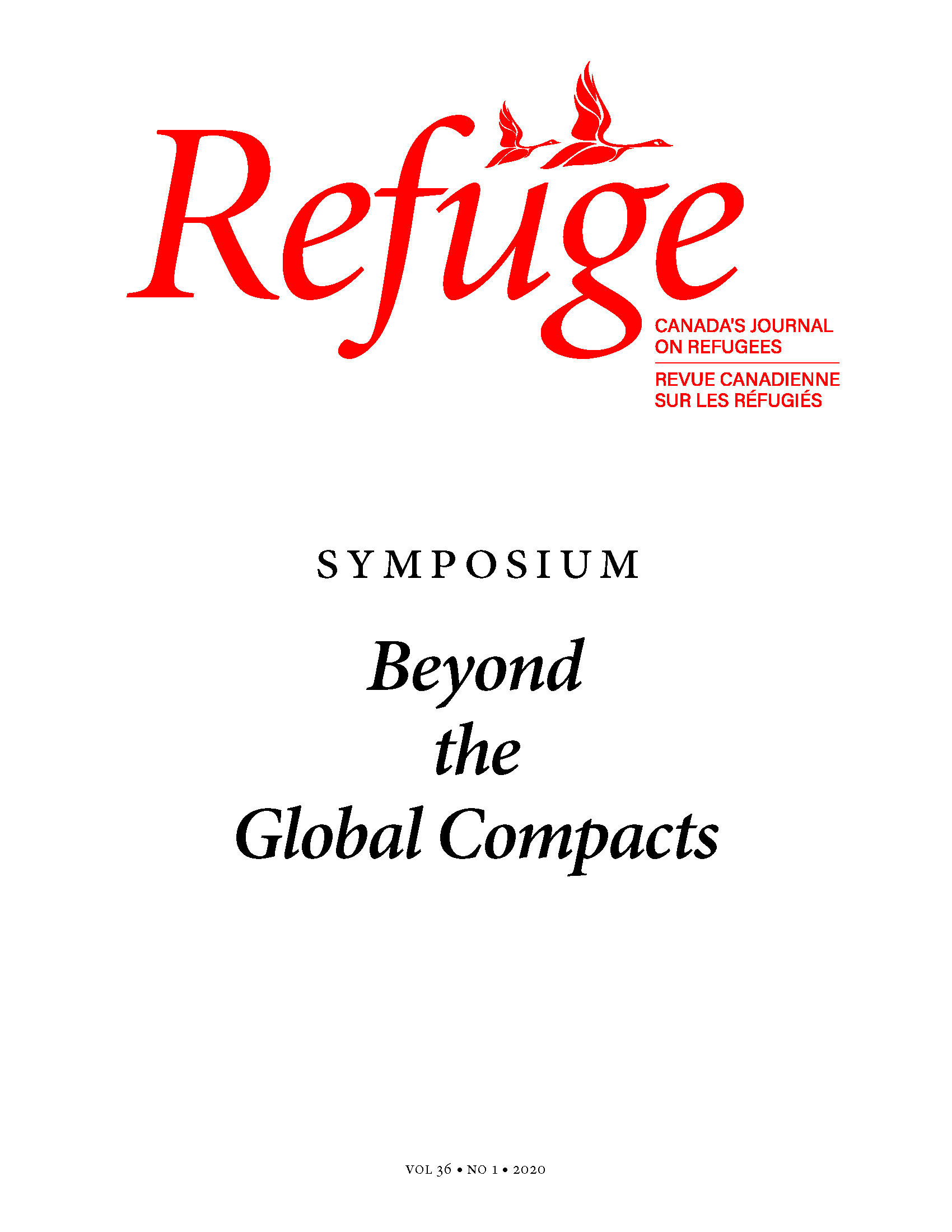A New Link in the Chain? Arabic-Language Citizenship Education Courses and the Integration of Resettled Syrian Refugees in Canada
DOI:
https://doi.org/10.25071/1920-7336.40535Keywords:
Canada, Syrian refugees, resettlement, resettled refugees, civic educationAbstract
In 2015, following Canada’s resettlement of large numbers of Syrian refugees, it was praised as a role model that should be implemented elsewhere. Or should it? With the resettlement of Syrian adult refugees as a case study, this article argues that Canada’s federal and provincial efforts to promote the integration of these refugees have overlooked the contribution that citizenship and civic education activities, administered in the refugees’ native language, can make towards their integration, as a way of empowering them to become active citizens in the political and civil life of the receiving country. In particular, the article critically evaluates current government-led efforts to rely on language courses as a medium for transmitting Canadian civic concepts. It also discusses why they are falling short of ensuring that these resettled refugees are saddled with the skills and know-how to navigate their rights and responsibilities as future Canadian citizens and to contribute effectively to the political and civil life of their communities. Finally, the article suggests that the provision of a civic education course in Arabic could constitute the missing link in any chain of government-led efforts to tackle the disparity between the federal government’s declared commitment to multiculturalism, inclusiveness, and the welcoming of immigrants/refugees and the policies and realities of social exclusion. In addition, such a course could provide an avenue to encourage resettled refugees, as Canadian “citizens in waiting,” to develop meaningful connections to and contributions in their new home country.
Metrics
Downloads
Published
How to Cite
Issue
Section
License
Copyright (c) 2020 Rouba Essam Al-Salem

This work is licensed under a Creative Commons Attribution-NonCommercial 4.0 International License.
Refuge authors retain the copyright over their work, and license it to the general public under the Creative Commons Attribution-Non Commercial License International (CC BY-NC 4.0). This license allows for non-commercial use, reproduction and adaption of the material in any medium or format, with proper attribution. For general information on Creative Commons licences, visit the Creative Commons site. For the CC BY-NC 4.0 license, review the human readable summary.







